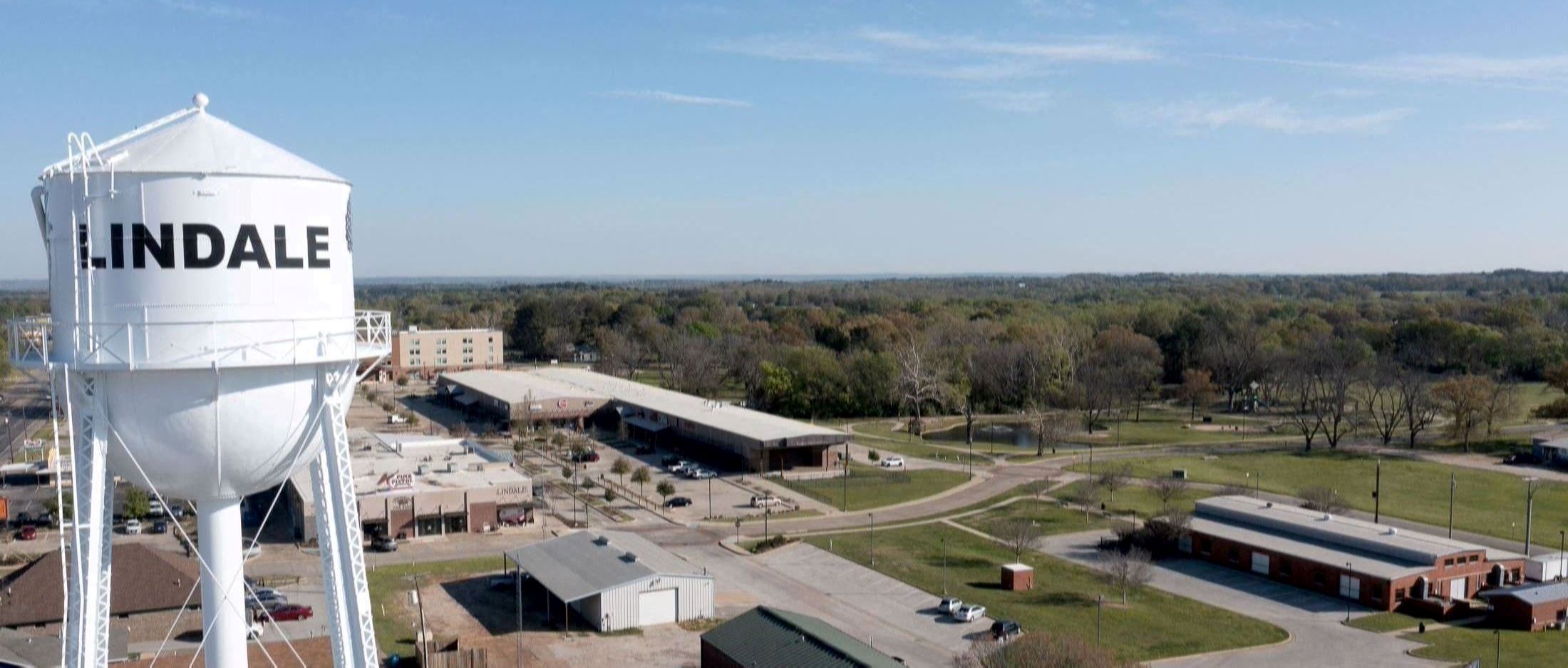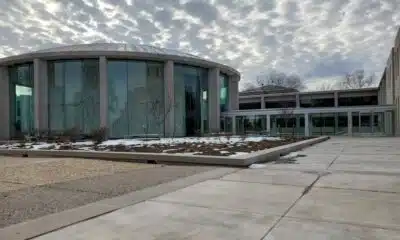News from the South - Texas News Feed
Texas not allowing transgender people to use court orders to get sex changed on birth certificates
SUMMARY: Texas has halted the use of court orders for transgender individuals to change their sex on birth certificates, following a recent decision by the Department of Public Safety to stop accepting such orders for driver’s license updates. The Department of State Health Services is consulting the Attorney General’s office on this matter. The ACLU of Texas expresses concern over the implications of these changes for the upcoming legislative session, predicting a surge of anti-transgender bills. However, the department will still allow sex changes to correct errors if accompanied by a hospital letter confirming the need for the adjustment.
DPS stopped accepting court orders for people who were trying to get it changed on driver licenses.
News from the South - Texas News Feed
Lawmakers look to require warning sirens, camp evacuations
SUMMARY: In response to the deadly July 4 flooding in Kerr County, Texas, lawmakers are considering new legislation to improve flood preparedness and response. Senate Bill 2 would require outdoor warning sirens in flood-prone areas, supported by a grant program, addressing concerns that mobile alerts are often missed. Senate Bill 1 would subject the Upper Guadalupe River Authority (UGRA) to a Sunset review in 2027, scrutinizing its role and governance after criticism of its inadequate flood warning and monitoring systems. Additional proposals include mandatory emergency evacuation plans for camps, emergency management coordinator training, a volunteer credential system, and a mass fatality data management system. Camps would also face fines if they fail to submit annual flood disaster plans.
The post Lawmakers look to require warning sirens, camp evacuations appeared first on www.kxan.com
News from the South - Texas News Feed
Officials give update on 5 soldiers shot at Fort Stewart as investigation continues
SUMMARY: Five soldiers were shot at Fort Stewart, Georgia, allegedly by fellow servicemember Sgt. Quornelius Radford, 28, using a personal handgun. The attack occurred Wednesday morning at the 2nd Armored Brigade Combat Team complex. Six soldiers tackled Radford, disarmed him, and gave lifesaving aid to the wounded, actions praised by Army Secretary Dan Driscoll. Three victims were released from Winn Army Community Hospital; two remain hospitalized, one in Savannah. Officials have not disclosed a motive and note personal firearms are banned on base. The Army is investigating how Radford brought the weapon on site, with safety concerns again raised for military installations.
The post Officials give update on 5 soldiers shot at Fort Stewart as investigation continues appeared first on www.kxan.com
News from the South - Texas News Feed
I Came from Rural Texas to Harvard’s MD-PhD program. Now, Trump Defunded that Program.
Even lifelong Texans may not have heard of my hometown of Lindale. With just under 5,000 people while I lived there, Lindale sits roughly 90 miles east of Dallas and bears many hallmarks of a small Texas town: more than three churches per square mile, roads dominated by trucks, and packed football stadiums on Friday nights. It’s also overwhelmingly white. On paper, Lindale might seem an unlikely home for an Indian-American kid. In reality, it was great to me.
Whether playing basketball nearby or attending a debate tournament out of town, my friends’ parents looked after me like I was their own—including by scolding me when needed. Teachers occasionally drove me home after late practice for a math or band competition—teachers who were as impressive as they were kind. My debate coach could easily help me with a speech or Algebra II homework; my calculus teacher excelled at explaining differential equations and coaching soccer.
My path to medicine began in Lindale, too. I went to college at the University of Texas at Austin (hook ’em), but my interest in becoming a doctor developed through working with clinicians at Lindale Medical Clinic and hospitals in nearby Tyler. I never dreamed these experiences would take me to Harvard Medical School. But my teachers did. After I competed in a debate tournament at Harvard University, one joked, “You could end up in school there; just be a smart, well-rounded, hard-working liberal.” The joke did not surprise me—Lindale sits in Smith County, a deep-red county in East Texas where more than 70 percent of voters backed Donald Trump in the last election. Politics aside, the people of Lindale saw Harvard as an incredible place to learn. They were right. Their belief helped propel me to the Harvard/MIT MD-PhD Program.

This rigorous program bridges clinical medicine and research. Students complete the first two years of medical school, earn a PhD, then finish the final two years of medical school. Most often, graduates continue to hospital residency and careers at academic medical centers, where they care for patients while pursuing new cures, treatments, and diagnostic tools. In the process, they improve the health of individual patients and the future of medicine itself.
To enable this mission, the National Institutes of Health (NIH) funds 57 MD-PhD programs through its Medical Scientist Training Program. These grants, which totaled $4 million for the current academic year, come with strict requirements to ensure that spending aligns with the NIH’s ultimate goal of improving human health through science.
On May 15, 2025, both NIH grants that support the Harvard/MIT MD-PhD Program were terminated as part of a broader attempt by the federal government to terminate direct NIH funding to Harvard Medical School. Thirty-two students who spent countless hours applying for and earning NIH F30 fellowships saw their awards vanish. These decisions affect not just the archetypal Harvard student many imagine—they affect people who grew up in Lindale, people whose parents are not doctors or scientists, people who attended public schools their entire lives, people who tirelessly pursued a career in service of others, and people who often decline lucrative private practice and dedicate their lives to life-saving research.
My classmates are among the hardest-working people I know. Publishing a peer-reviewed biomedical research paper routinely demands years of perseverance and troubleshooting. In 2024 alone, the Harvard/MIT MD-PhD Program’s 208 students co-authored more than 180 peer-reviewed publications. Those students regularly work more than 12 hours a day conducting and repeating experiments in laboratories followed by continued reading, writing, and coding at home. Instead of halting this work, the government should support it—it’s an investment in our collective health as a country.
Consider Dr. Arlene Sharpe and Dr. Vijay Sankaran. Sharpe, who obtained her MD and PhD from Harvard Medical School, made discoveries critical to the development of cancer immunotherapy drugs that have redefined cancer treatment. Sankaran, while still a student in the program, contributed to a discovery that led to the first FDA-approved CRISPR/Cas9 gene therapy for sickle cell disease. Such life-changing research takes time. More than a decade passed between each discovery and drug approval. And not every story ends in success. Research can fail, scientists’ hypotheses can turn out to be wrong, and a discovery’s long-term importance may not immediately be clear. Yet, losing patience or faith in the research process risks failing to provide improved treatments for patients everywhere.
Whether a biomarker can improve the diagnosis of pancreatic cancer, a genetic mutation affects a person’s risk of Alzheimer’s disease, or a molecule kills an antibiotic-resistant superbug is not political. My classmates and I are working on each of these problems and countless others.
Our mentors apply for and win government grants that fund this research for the benefit of all Americans. Terminating those grants threatens our ability to do this research and, with it, the promise of making discoveries that will one day improve and save lives.
The post I Came from Rural Texas to Harvard’s MD-PhD program. Now, Trump Defunded that Program. appeared first on www.texasobserver.org
Note: The following A.I. based commentary is not part of the original article, reproduced above, but is offered in the hopes that it will promote greater media literacy and critical thinking, by making any potential bias more visible to the reader –Staff Editor.
Political Bias Rating: Center-Left
This content leans center-left due to its focus on the value of scientific research funded by government institutions like the NIH and its critique of recent federal government actions that negatively impact such funding. It highlights the contributions of researchers and the importance of sustained public investment in biomedical science, which aligns with a perspective that favors strong government support for education and research. The article avoids partisan rhetoric, acknowledges conservative-leaning local contexts (like Lindale, Texas), and frames the issue primarily around evidence-based policy and public good rather than ideological confrontation, situating it in a moderate progressive stance.
-
Mississippi Today4 days ago
After 30 years in prison, Mississippi woman dies from cancer she says was preventable
-
News from the South - Georgia News Feed5 days ago
Woman charged after boy in state’s custody dies in hot car
-
Our Mississippi Home7 days ago
Porch Lights and Lightning Bugs: An August Evening in Mississippi
-
News from the South - Kentucky News Feed7 days ago
Bowling Green man faces drug charges following traffic stop
-
News from the South - Texas News Feed5 days ago
Texas VFW holds memorial service for WWII pilot from Georgetown
-
News from the South - Georgia News Feed7 days ago
Local gymnast Robyn Wilson awarded full scholarship to Arizona State University
-
News from the South - Georgia News Feed4 days ago
Georgia lawmakers to return this winter to Capitol chambers refreshed with 19th Century details
-
News from the South - Florida News Feed4 days ago
Warning for social media shoppers after $22K RV scam












































